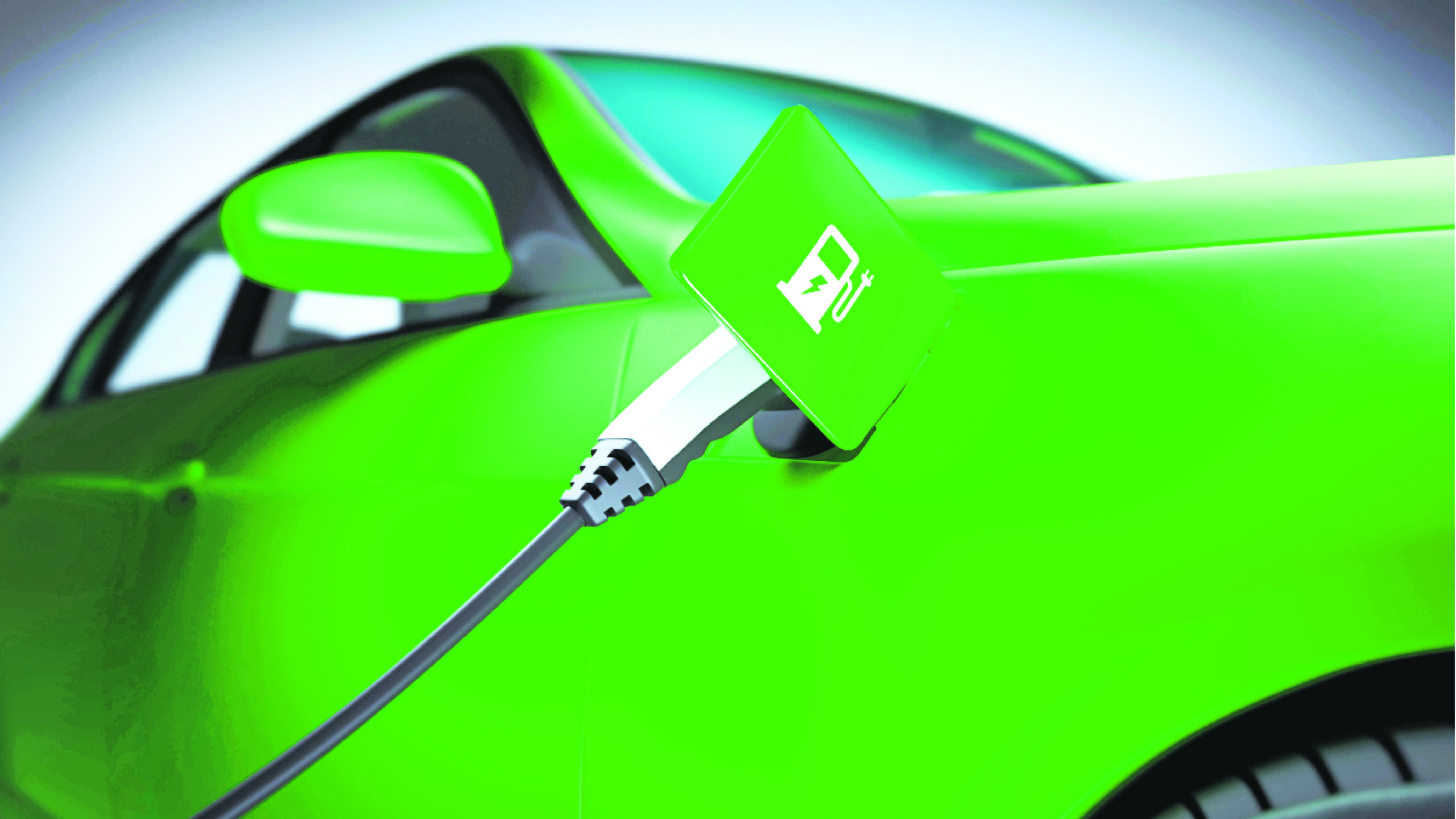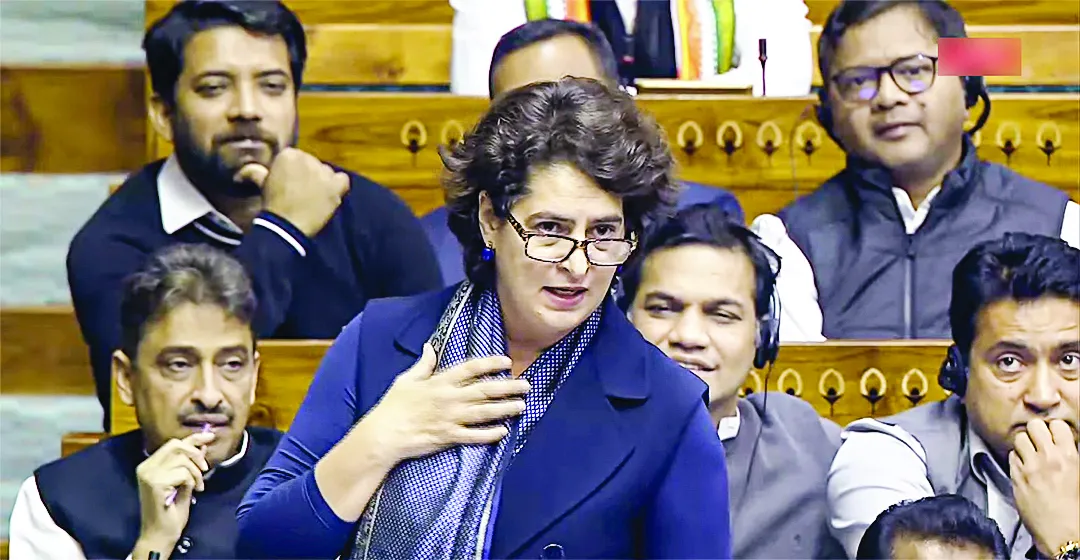Within the dynamic tapestry of India’s automotive realm, the year 2023 stood as a testament to a monumental shift—a paradigmatic surge in the embrace of electric vehicles (EVs). This transformative epoch bore witness to an unprecedented 6.3% infusion of EVs, translating into a formidable 15 lakhs (1.5 million) traversing Indian roads throughout the year. The pinnacle of this evolution manifested in May 2023, etching history with the sale of an extraordinary 1,58,343 EVs, a feat mirrored closely by November 2023, tallying 1,53,518 units. This meticulous exploration navigates the intricate nuances of this revolutionary annum, unraveling the polyphonic growth across 2-wheelers, 3-wheelers, 4-wheelers, and burgeoning segments, all while scrutinizing regional differentials and the expanding tapestry of EV charging infrastructure.
Pioneering States in India’s Electric Vehicle Revolution
Chandigarh emerges as the vanguard in national EV assimilation, boasting an impressive 12.05% penetration rate in 2023, propelling 6,393 EVs onto the streets. Goa mirrors this trajectory, achieving an 11.65% penetration rate, with 9,471 EVs navigating its terrain in 2023—a noteworthy ascent from 8.03% in 2022, where 5,688 EVs found new homes. Delhi, at an 11.2% penetration rate, witnessed the sale of 73,624 EVs in 2023, outstripping its 2022 performance of 10.23% penetration and 62,257 EVs sold. In states and union territories surpassing 10,000 EV sales in 2023, Delhi led the charge. Kerala showcased an impressive 9.99% penetration rate, with 75,548 EVs changing the mobility landscape—an extraordinary surge from the 5.05% penetration recorded in 2022, selling 39,619 EVs. Assam, recording a 9.3% penetration rate, witnessed the sale of 60,802 EVs in 2023, marking a notable escalation from the 7.88% penetration recorded in 2022, where 40,720 EVs adorned the streets.
Electric 2-Wheel Revolution: Eclipsing the Million-Unit Threshold
In a transformative juncture, 2023 witnessed the electrification of commercial 2-wheelers, with a staggering 8,59,461 units gracing the roads. Among these, 2,048 were earmarked for commercial transport, and 56 bespoke units catered to differently-abled individuals. The private 2W sector witnessed the dominion of Ola Electric Technologies Pvt Ltd (2.67 lakh), TVS Motor Company Ltd (1.66 lakh), and Ather Energy Pvt Ltd (1.05 lakh), collectively breaching the million-unit echelon. In the commercial 2W category,
Surge in 3-Wheel Electric Mobility:
Traversing the currents of the electric vehicle panorama, the 3-wheel segment etched remarkable figures in 2023, embracing electric mobility with a robust sale of 5,82,121 units. Predominantly comprising 4,73,720 passenger vehicles, this transformative journey was spearheaded by distinguished players, including YC Electric Vehicle (40,655), Mahindra & Mahindra Limited (37,925), and Saera Electric Auto Pvt Ltd (29,322). Among the top 10 manufacturers in the 3W domain, YC Electric Vehicle, Mahindra & Mahindra Limited, Saera Electric Auto Pvt Ltd, Dilli Electric Auto Pvt Ltd, Piaggio Vehicles Pvt Ltd, Mini Metro EV L.L.P, Champion Poly Plast, Unique International, and Hotage Corporation India exhibited a notable surge in sales during 2023 compared to the preceding year. However, the tenth player in this list, Mahindra Last Mile Mobility Ltd, experienced a downturn in sales, reflecting the nuanced dynamics within the industry.
Four-Wheelers Embrace Change
Unveiling a paradigm shift in the automotive landscape, the 4-wheel electric vehicle domain witnessed an impressive stride in 2023, with a total of 72,757 units sold. Pioneering this revolution were distinguished Original Equipment Manufacturers (OEMs), led by Tata Passenger Electric Mobility Ltd, securing a lion’s share with 33,437 units. Trailing in succession were Tata Motors Passenger Vehicles Ltd (17,864), MG Motor India Pvt Ltd (9,275), and Mahindra & Mahindra Limited (4,148), solidifying their positions as trailblazers in the dynamic landscape of 4-wheel electric mobility. This data reflects a burgeoning acceptance and integration of electric vehicles into the mainstream automotive market.
Embarking on a transformative journey, the electric vehicle landscape in India underwent a monumental shift by 2023. The erstwhile novelty of 2W and 3W EVs seamlessly ingrained into the urban fabric, evolving from an anomaly in 2020 to a commonplace occurrence. The turning pages of progress reveal a remarkable surge, with 2,592 e-buses and various passenger vehicles gracing the electric public transportation sphere. This transition is underscored by the presence of 288 medium and 2,298 heavy electric passenger vehicles, signaling a concerted effort toward sustainable mobility. Within the Public Service Vehicle domain, a select group of manufacturers spearheaded this revolution. Tata Motors Ltd led the charge with 1,025 units, followed by Olectra Greentech Ltd (327) and PMI Electro Mobility Solutions Private Limited (287).
In the MPV segment, the narrative echoes a similar refrain with Tata Motors Ltd (275), Olectra Greentech Ltd (12), and Veera Vahana Udyog Private Limited (1) standing as the sole players in this evolving market.
A retrospective glance at 2022 showcases a different landscape with PMI Electro Mobility Solutions Private Limited (651), Olectra Greentech Ltd (515), and Switch Mobility Automotive Ltd (295) reigning supreme in the HPV sector. JBM Auto Limited (276), Tata Motors Ltd (110), VE Commercial Vehicles Ltd (34), and Mytrah Mobility Pvt Ltd (34) held their own in the competitive terrain.
Similarly, the MPV category saw Tata Motors Ltd (15), Olectra Greentech Ltd (3), and VE Commercial Vehicles Ltd (7) as the exclusive contributors. This chronological narrative encapsulates the dynamic evolution of India’s electric vehicle ecosystem, affirming the industry’s trajectory towards sustainable and eco-friendly transportation solutions.
Diversification into Goods Vehicles
Fueled by remarkable numbers and a positive outlook, the electric vehicle industry celebrated the inclusion of 2,701 light goods vehicles and 304 heavy goods vehicles, surpassing the 3,000-mark for electric goods vehicles. Standout performers include BYD India Private Limited in the Heavy Goods Vehicle category and Tata Motors Ltd in the Light Goods Vehicle category, symbolizing a robust future for sustainable transport. The industry’s diversification is evident with 16 special category vehicles, featuring All Terrain Cranes, accounting for 6 out of the total EVs sold in the category. Moreover, 8 electric tractors introduced in 2023, with Escorts Limited selling 5 out of 8, offer a promising solution to alleviate farmers from escalating fuel prices. In this journey of innovation and progress, in the present market, the absence of electric ambulances and construction equipment vehicles open up new possibilities, inspiring the industry to pioneer transformative solutions.
Charging Infra
and Regional Trends
As of November 2023, India has made significant strides in establishing its electric vehicle (EV) charging infrastructure, boasting a total of 10,185 registered EV charging stations in the Bureau of Energy Efficiency (BEE) database. Maharashtra leads the nation with an impressive count exceeding 3,000 charging stations, followed by Delhi with over 1,800, and Karnataka with a tally surpassing 1,000. Pune emerges as a frontrunner on the district level, boasting the highest number of EV charging stations in the country. The city, recognized for its forward-looking approach to sustainable mobility, takes the lead with a remarkable count of 1,894 charging stations. This distribution highlights a concerted effort towards creating a robust charging network, facilitating the seamless integration of electric vehicles into the national transportation ecosystem.
In this transformative odyssey, the surge in electric vehicle adoption paints a canvas of hope and progress for India’s automotive future. With over 15 lakhs EVs navigating the roads in 2023, our nation is not merely dreaming but actively sculpting a sustainable tomorrow. As the wheels of change turn across diverse segments and a robust charging infrastructure emerges, the path forward gleams with promise. In closing, India’s aspiration of 30@30 is not a distant dream; it is unfurling in real-time, with each electric vehicle propelling us into a cleaner, greener, and more vibrant era of mobility.
Neha Sakka is an electrical engineer at Jaipur Discom(Electricity Department of Rajasthan), the State Nodal Agency for Rolling out Electric Vehicle Charging Stations in Rajasthan.























